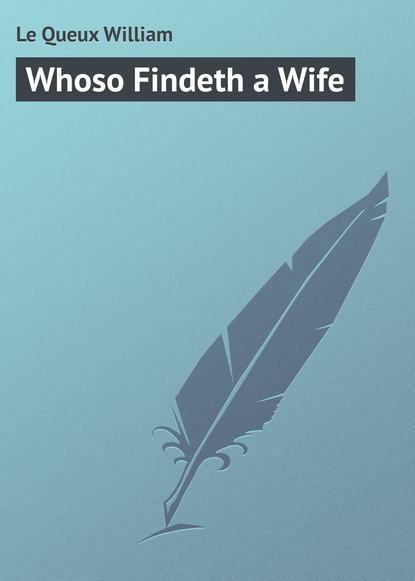По всем вопросам обращайтесь на: info@litportal.ru
(©) 2003-2024.
✖
Whoso Findeth a Wife
Настройки чтения
Размер шрифта
Высота строк
Поля
“I have already judged you,” he said, after a pause, laying down his pen with a sudden calmness, and fixing his grey eyes keenly upon me.
“Yes, falsely.”
“You have come to me to prove that I have misjudged you,” he said at last, leaning back in his chair. “Very well. Let me hear your story.”
“I have no story further than what I have already told you,” I answered. “You have made a charge against me; I have come to you to refute it.”
“By what means?”
“By documentary evidence.”
“Documentary evidence!” he exclaimed. “Of what kind?”
“You will remember that I told you of the death of the only man who could speak regarding my absence from the office and my return.”
“Yes. He died mysteriously. The inquest was held yesterday;” and, taking up a letter from his table, the Earl added, “They report from Scotland Yard that an open verdict was returned, although one witness, a woman, alleged murder. Well, what was the allegation? Against yourself?” he asked, raising his grey, shaggy brows.
“No,” I said with emphasis. “I am not a murderer.”
“Then why did this woman – what’s her name? – Ella Laing,” he said, referring to the letter, “why did she allege foul play?”
“I cannot tell; but all the facts I have ascertained point to the same conclusion, although the medical evidence negatived any such suggestion.”
“Then what is your contention?”
“That the man who was my friend was a spy,” I said.
“You would shift the responsibility upon one who, being dead, can tell us nothing,” he said in a tone of reproachful contempt. “I suspected this. It was but what might have been expected.”
“But I have evidence indisputable that he was a spy,” I exclaimed excitedly. “Read this,” and I handed to him Dudley’s passport.











